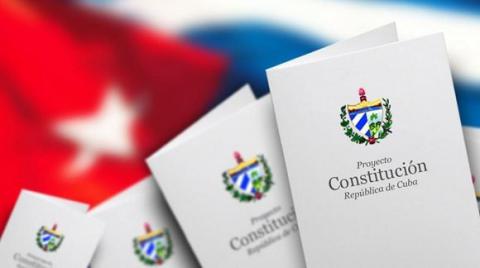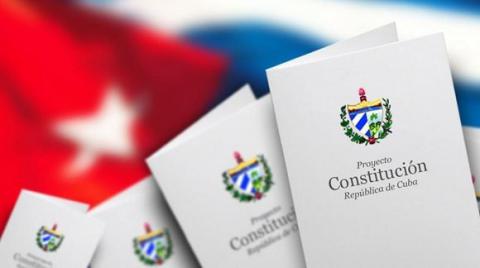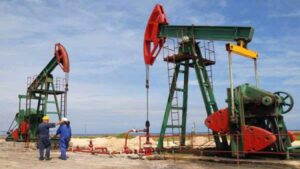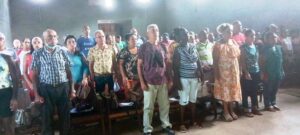The Institution of Constitutional Reform in Cuba (II).

This new process of constitutional change should be seen as a great opportunity to be more inclusive, since in the past there were sectors of society that did not participate, which now were.


In the participatory debate that led to the approval by referendum of the Cuban Constitution of 2019, which began with broad popular discussions, were preceded by those developed throughout the country on the documents of the conceptualization of the Cuban socialist model, which represented a preview of what would later regulate and shape the constitutional reform.
The Constitution is an instrument and a result of the political culture, it must regulate the functions of the State in the most general way possible.
This function of the Constitution as a superior norm, on which rests its supremacy over the rest of the norms and over the acts carried out by the public officials of the different branches of the public power of the State, comes, above the typically juridical, from being an essentially political result and not only in relation to an already distant production and formal approval, but also from the referential character that it has in the political tract as its principles, values and rights, the guarantees and limits that it recognizes are the highest expression of the civilizing consensus of a society.
This new process of constitutional change should be seen as a great opportunity to be more inclusive, since in the past there were sectors of society that did not participate, and now they are.
The changes in Cuban society and problems are such that they would require a re-founding of the constitutional order, for example, by answering the question: which of the political issues raised by the debates on the Update should necessarily be considered for a constitutional reform?
In the case of the reform of the Constitution, it is not only a question of a formal synchronization of its text with the acts carried out by the government; any change made in this process must assume to make contact and have an impact on a society that undergoes economic transformations – and contradictions – and of its socio-class structure simultaneously with a process of social change that is highly conditioned by exogenous influences.
Written by Dr Osvaldo Manuel Álvarez Torres.




